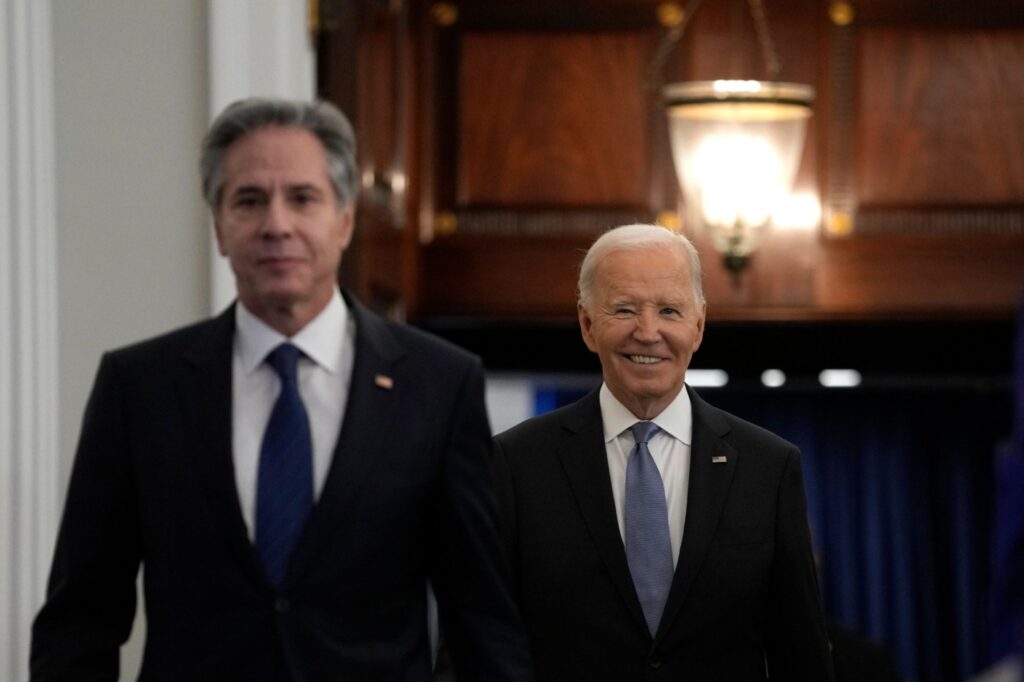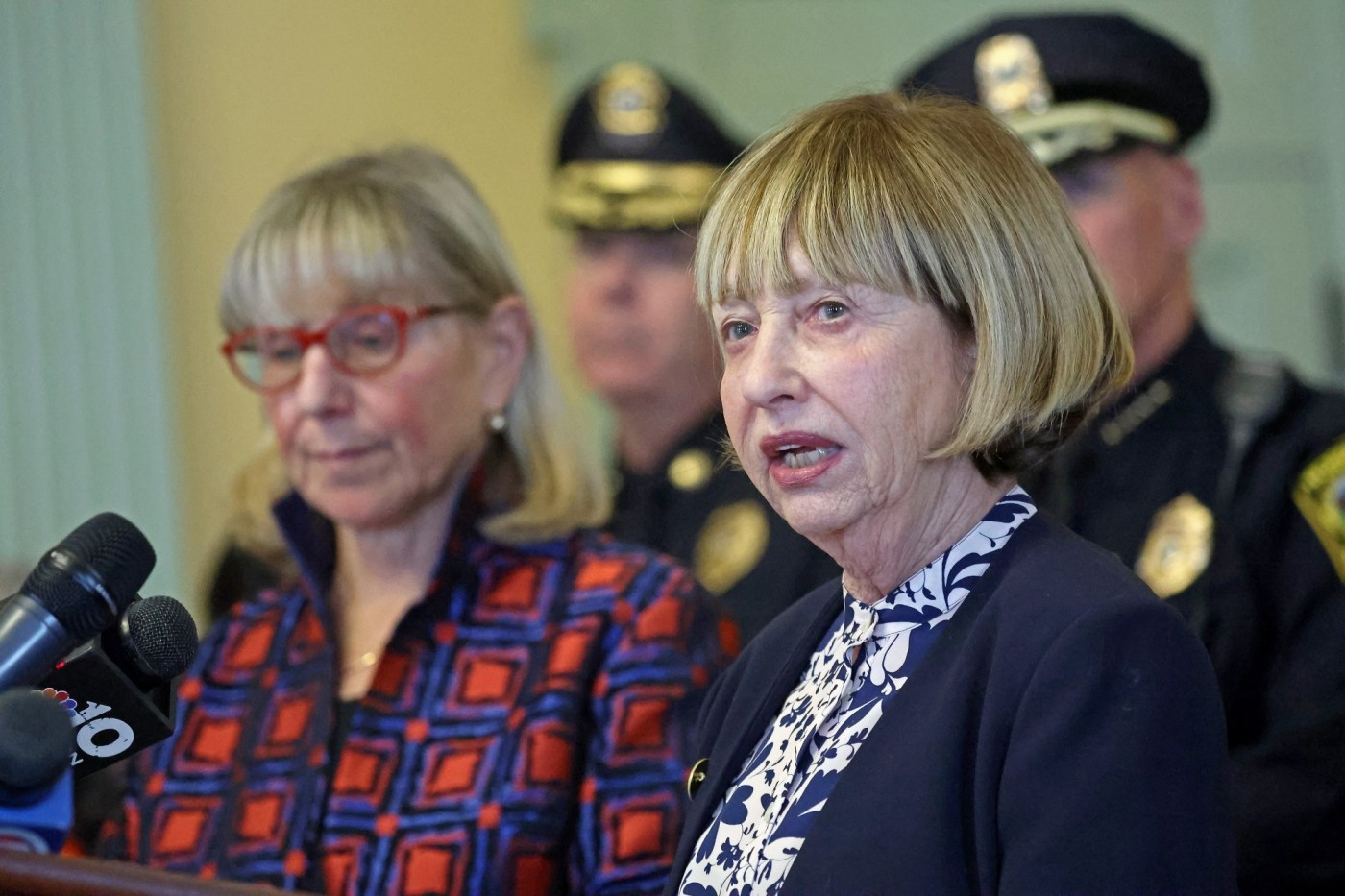
Former Secretary of State Antony Blinken has asserted that the recent ceasefire agreement proposed by former President Donald Trump draws heavily from a plan developed during the Biden administration. In a detailed thread on social media platform X, Blinken examined the historical context and implications of Trump’s 20-point ceasefire agreement, suggesting it builds on the groundwork laid by Biden’s team.
Blinken emphasized that Middle Eastern nations are increasingly discontent with Hamas, noting that Israel has effectively diminished Hamas as “an organized military force.” He referenced a brief ceasefire achieved by the Biden administration in January 2024, which resulted in the release of 135 hostages. However, he pointed out that this agreement collapsed shortly thereafter, raising questions about the sustainability of Trump’s newly proposed ceasefire.
In his analysis, Blinken highlighted the necessity of a comprehensive post-conflict plan for Gaza. He stated, “It starts with a clear and comprehensive post conflict plan for Gaza.” He expressed approval that Trump adopted and expanded upon the Biden administration’s strategies, which emerged after extensive discussions with Arab partners, Israel, and the Palestinian Authority. According to Blinken, the plan focuses on establishing temporary governance in Gaza, involving a coalition of Arab and international partners alongside Palestinians, ultimately transitioning to full Palestinian control.
As Blinken’s comments circulated, a reporter relayed his social media post to Trump while he was aboard Air Force One. Trump responded critically, diverting attention to other foreign policy issues, including the conflict in Ukraine. “Everybody knows it’s a joke,” Trump remarked. He criticized the Biden administration’s handling of international relations, claiming that under “a decent president,” the Ukraine conflict would not have escalated as it has.
While in Egypt, Trump is reportedly working on the second phase of the ceasefire, specifically addressing Gaza’s governance following the conflict. His plan includes the establishment of an International Stabilization Force tasked with maintaining security in Gaza. The force is expected to incorporate vetted Palestinian police forces, and the governance of Gaza is envisioned to operate under a “temporary transitional governance of a technocratic, apolitical Palestinian committee” that would report to an international oversight board led by Trump himself.
As these discussions unfold, the implications of both Trump’s and Biden’s plans for the region remain to be seen. The evolving geopolitical landscape in the Middle East continues to attract global attention, underlining the complexities involved in achieving lasting peace.






